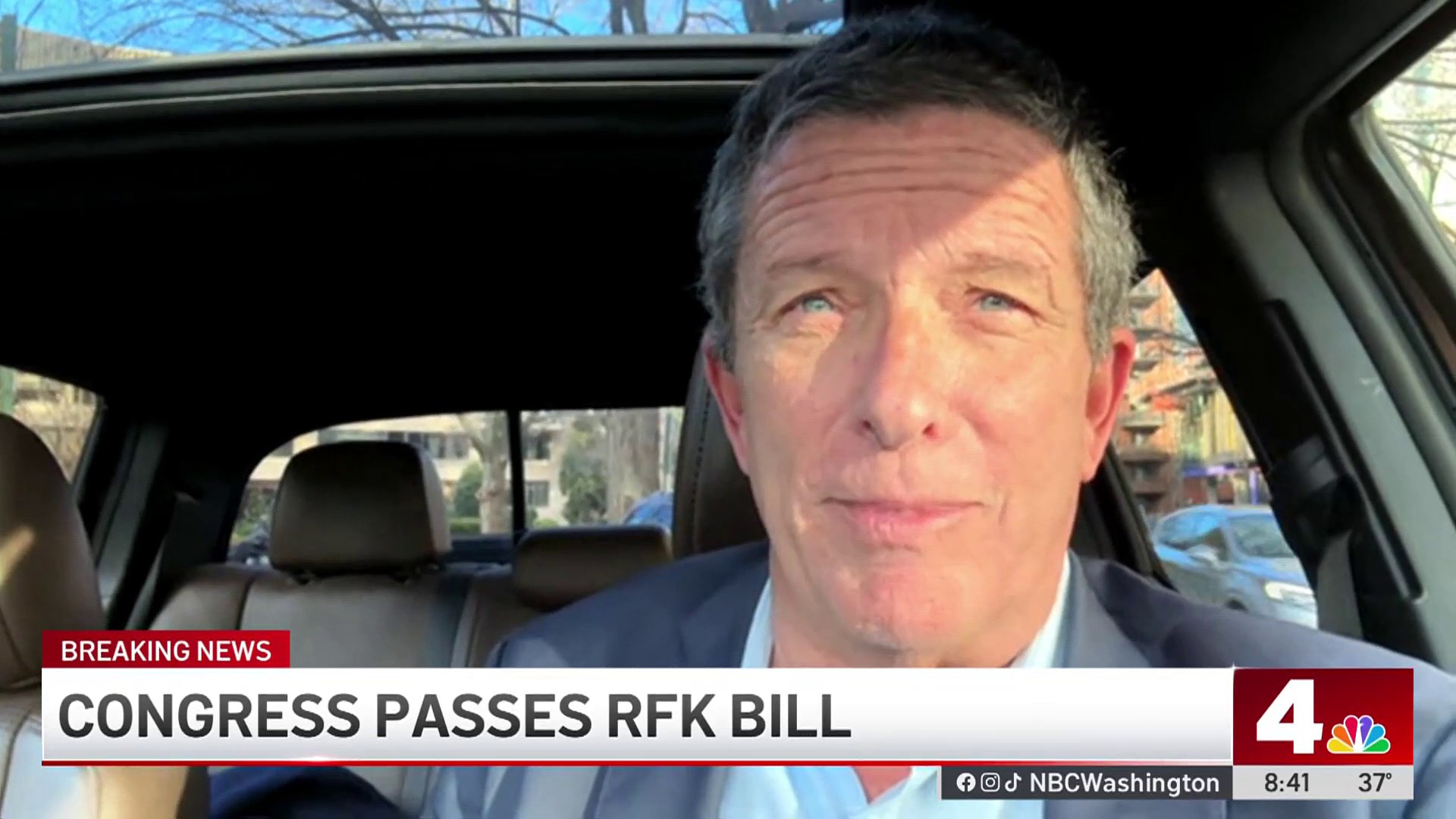As the number of young people victimized by or charged with crimes in the District increases, tens of thousands of D.C. students are chronically truant. But less than half were referred to other agencies for help last year.
According to a new report from D.C.’s Office of the State Superintendent of Education, truancy did slightly decrease in the past year -- but there were still almost 30,000 students of all ages who were chronically truant last year, meaning they missed at least 15 days without an excuse.

“We know we're in a very, very difficult situation,” Deputy Mayor for Education Paul Kihn said. “We were, like everyone else across the country, really devastated that both chronic absenteeism and truancy went up during and just post the pandemic across the country.”
We've got the news you need to know to start your day. Sign up for the First & 4Most morning newsletter — delivered to your inbox daily. >Sign up here.
D.C. law requires that schools intervene when students miss that much class time. Schools must develop a plan to get them back on track, and -- in some cases -- refer the students to other agencies, including Child and Family Services Agency (CFSA), the courts and the attorney general. But News4 found that less than half of eligible students were referred to other agencies.
Students between ages 5 and 13 are to be referred to CFSA. However, of the 19,221 students eligible for referral last year, only 8,067 actually were referred.
Of the thousands of chronically truant students referred last year, only 237 were enrolled in CFSA’s truancy prevention program, a spokesperson told News4. In 219 cases, the parents were investigated for neglect.
As for the older students, those age 13 and above are to be referred to Court Social Services, which then decides which students to refer to the D.C. attorney general for further action, including possible prosecution. Last year, of the 7,729 students eligible for court referral, about 50% of those were referred to courts. Only 288 were referred to the attorney general. Sixty of those students were placed in a diversion program, and none were prosecuted.

Mayor Muriel Bowser’s juvenile justice advisory group has recommended against criminal prosecutions for truancy.
Local
Washington, D.C., Maryland and Virginia local news, events and information
Kihn said more truant students need to be referred to other agencies, but all the agencies need to do a better job of working together in in developing programs.
D.C. Public Schools declined News4’s requests for an interview about the truancy numbers.
News4 sends breaking news stories by email. Go here to sign up to get breaking news alerts in your inbox.



